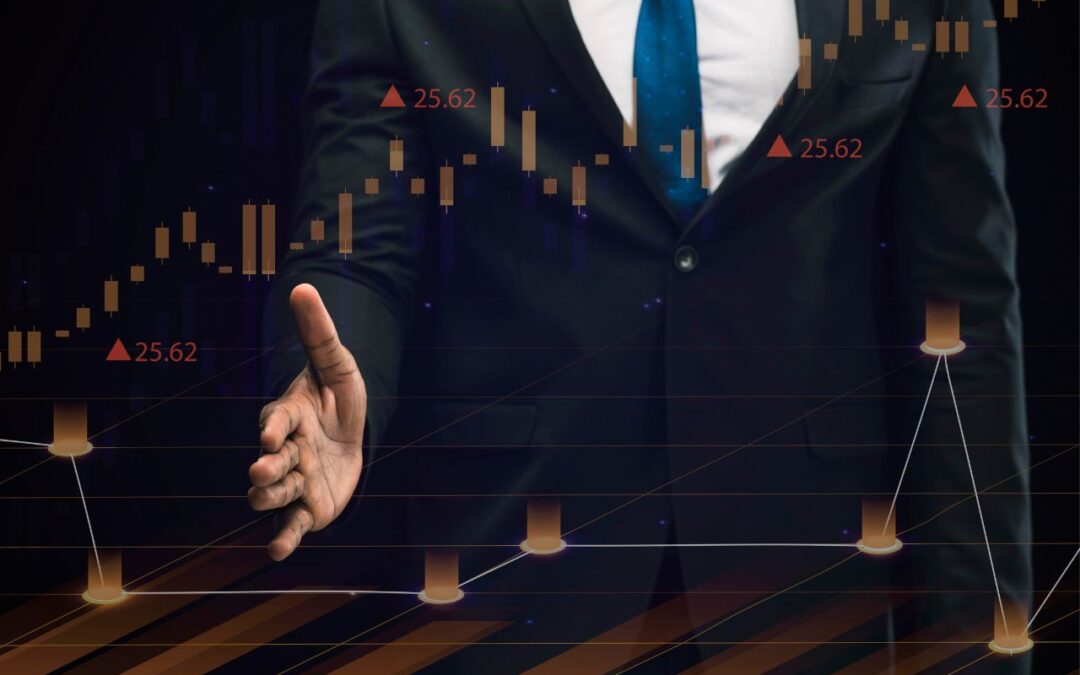The foreign exchange market is not points on a chart, however, but a never-ending flow of world events. Political upheaval, business cycles, and natural phenomena have the potential to disrupt equilibrium in currencies.
More-informed traders are better off, reacting to changing circumstances and exploiting opportunities that less-informed participants would not capitalise upon.
The Role of Geopolitics
Amongst the most discernible outside forces upon forex trading are politics. Sanctions, wars, and political crises are sources of volatility that shake currencies.
For example, if a country is in a political crisis, its currency declines in value as funds are channelled to safer-haven destinations such as the U.S. dollar, Swiss franc, or Japanese yen.
Political developments or business agreements that strengthen a country’s economic prospects, on the other hand, are capable of injecting a currency with a fresh impetus. Geopolitics is never a lone performance—it has a causal effect spanning marketplaces, which bears not just upon the subject country, but its trading partners as well.
Economic Cycles and Shifting Priorities
Another variable that impacts forex markets is global economic cycles. If global growth is strong, then a risk currency like a commodity currency, such as the Canadian dollar or Aussie, is likely to perform well as demand for raw materials is strong. If there are recessions or downturns, then risk-averse funds move towards safe-haven currencies and government bonds.
Central banks offset such cycles by altering monetary policy in terms of increases or decreases in interest rates, which in turn stimulates capital flows as well as exchange rate action. Knowing where the global economy is in its cycle gives traders valuable context to understand market movements.
The Impact of Globalisation
With globalised commerce, no economy is a closed system. The slowdown in Asia could reduce European exporters’ demand, reducing demand for the euro. Increased U.S. interest rates could drain capital from emerging economies, placing stress on their currencies.
This interconnectedness means external factors have «second-order» effects, affecting currencies far beyond their domestic sphere. Traders who have a broad view and watch global trends are often better prepared to cope well with such side effects.
Technology and Energy Shifts
The trends in digital technology, as well as energy trends, have a similar effect. The trend in green energy, as an example, has a spillover in oil-based economies and their currencies.
Oil-based nations are set to see a movement in their currencies along with energy prices, while green technology leaders might bring in new investments. Breakthroughs in digital tech, e-commerce, and artificial intelligence have a spillover in trade balances, corporate profits, and national currency strength in the long run.
Safe-Haven Behaviour During Global Uncertainty
When volatility rises globally—from a financial crisis, pandemic, or unexpected shock—the discerning investor is likely to plunge into safe-haven currencies. The Swiss franc, Japanese yen, and U.S. dollar are typically strengthened in times of stress in the global economy.
This is not a piece of history, though, but a recurring theme based upon investor mentality and perceived stability in said countries. Traders who are attuned to these trends have a potential edge when global events spike unpredictably.
Conclusion
Trading in Forex is not simply technical charts and daily price action—it is inextricably linked to the wider world. Movement in politics, economies, technology, and energy has an impact on currency markets.
By being sensitive to larger forces, traders are able to look beyond reacting to headlines and start to predict how events will generate longer-term trend direction. By appreciating how global developments intersect with Forex action, a longer-term approach is attained, as traders can coordinate their approach to forces that genuinely move the market.





